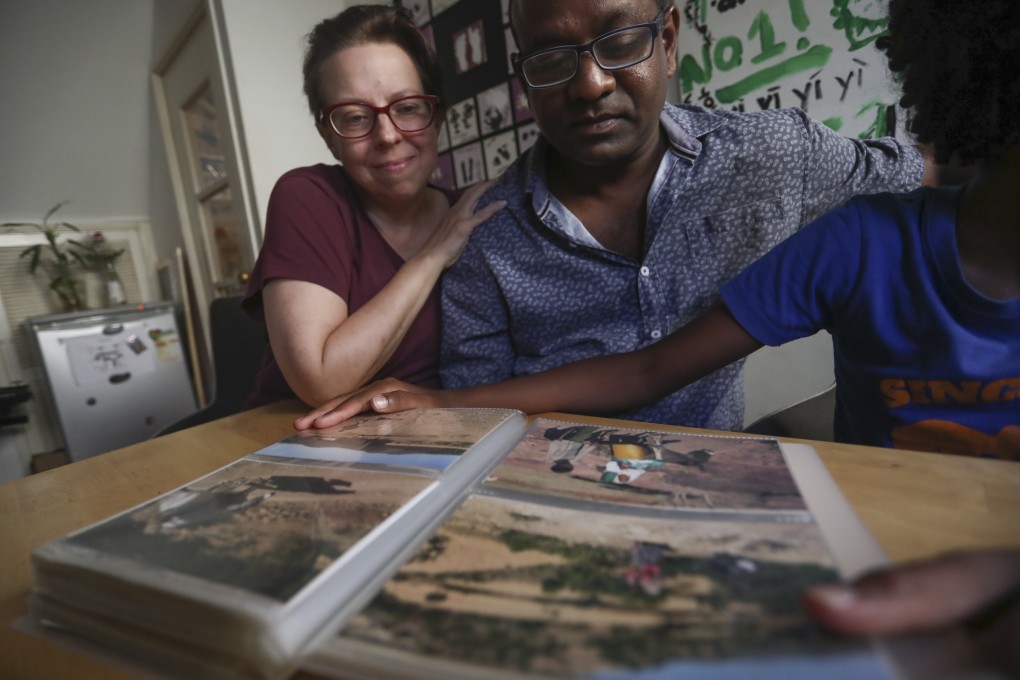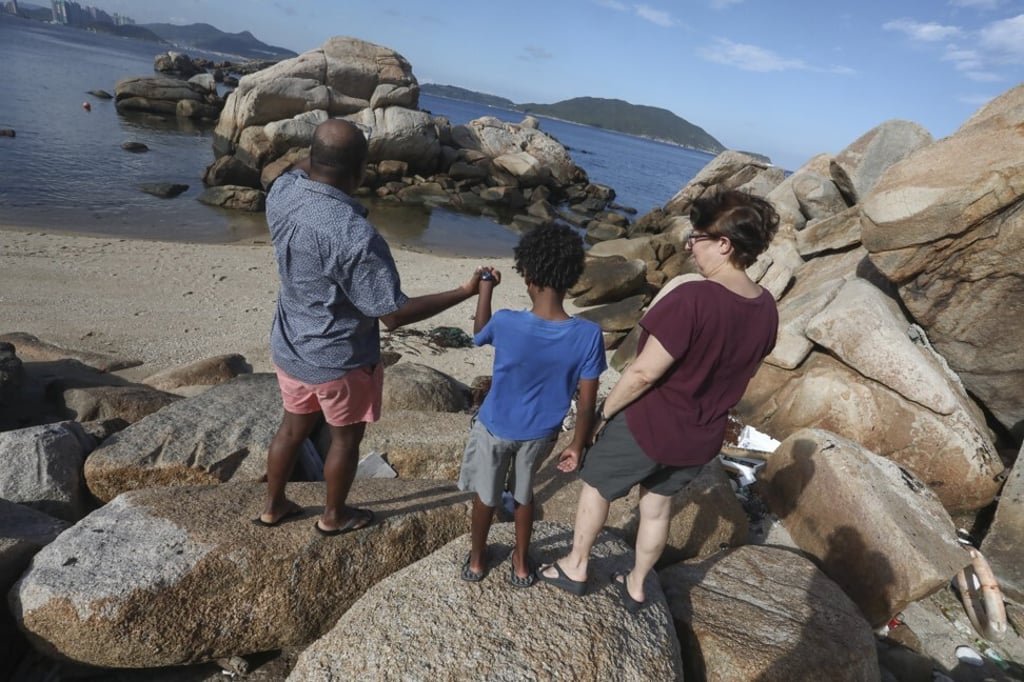Ethiopian civil war: Hong Kong pair trek to raise funds for victims, while their neighbours with adopted son from Tigray shield him from the conflict’s horrors
- Tigray in northern Ethiopia is mired in a conflict with the federal government which has seen thousands of people killed and millions displaced
- ‘We are very concerned for all the people,’ says the mother of a boy adopted from Tigray. Two of the family’s neighbours walked 45km to raise funds for relief

The sleepy beachside village of Shek O, on the south side of Hong Kong Island, is worlds away from the conflict taking place in Ethiopia. But for one family, the crisis in the east African country is close to their heart.
In 2011, Karen Arndt and Chris Prosper adopted a baby boy from Tigray in northern Ethiopia, a region embroiled in conflict since the government, under prime minister Abiy Ahmed, launched a military offensive against the ruling faction there, the Tigray People’s Liberation Front.
“When fighting first broke out in November, most of the world was focused on the US presidential election,” says Arndt. “At that time, humanitarian aid organisations and international journalists were barred from entering the region, so there was very little news coming out. But the few stories that did filter out were very distressing.”
Six months on, the situation remains dire. According to media reports, the conflict has resulted in thousands of deaths and displaced more than two million people, with tens of thousands of refugees reportedly fleeing to neighbouring Sudan.

The UN World Food Programme says that 5.2 million people in Tigray – 91 per cent of its population – are in urgent need of food assistance.